Emily Barker is best known as the writer and performer of the award-winning theme to the hit PBS Masterpiece drama Wallander starring Kenneth Branagh. Growing up in rural Western Australia, Barker fell in love with American roots music from the soul of Aretha Franklin to the country of Gillian Welch and Emmylou Harris. Her travels led her to settling in the UK, where she has released a succession of critically acclaimed albums, including Nashville-recorded Applewood Road with Amy Speace and Amber Rubarth.
Her new solo album Sweet Kind of Blue was recorded at Sam Phillips Recording Service in Memphis with Grammy winning producer Matt Ross-Spang (Margo Price, Jason Isbell, Mary Chapin Carpenter). From country-soul ballads to the unfettered joy of the bluesy ‘Sunrise’, the album has been lauded as Barker’s best yet and features contributions from some of Memphis’ finest musicians. (intro taken from Emily’s site)
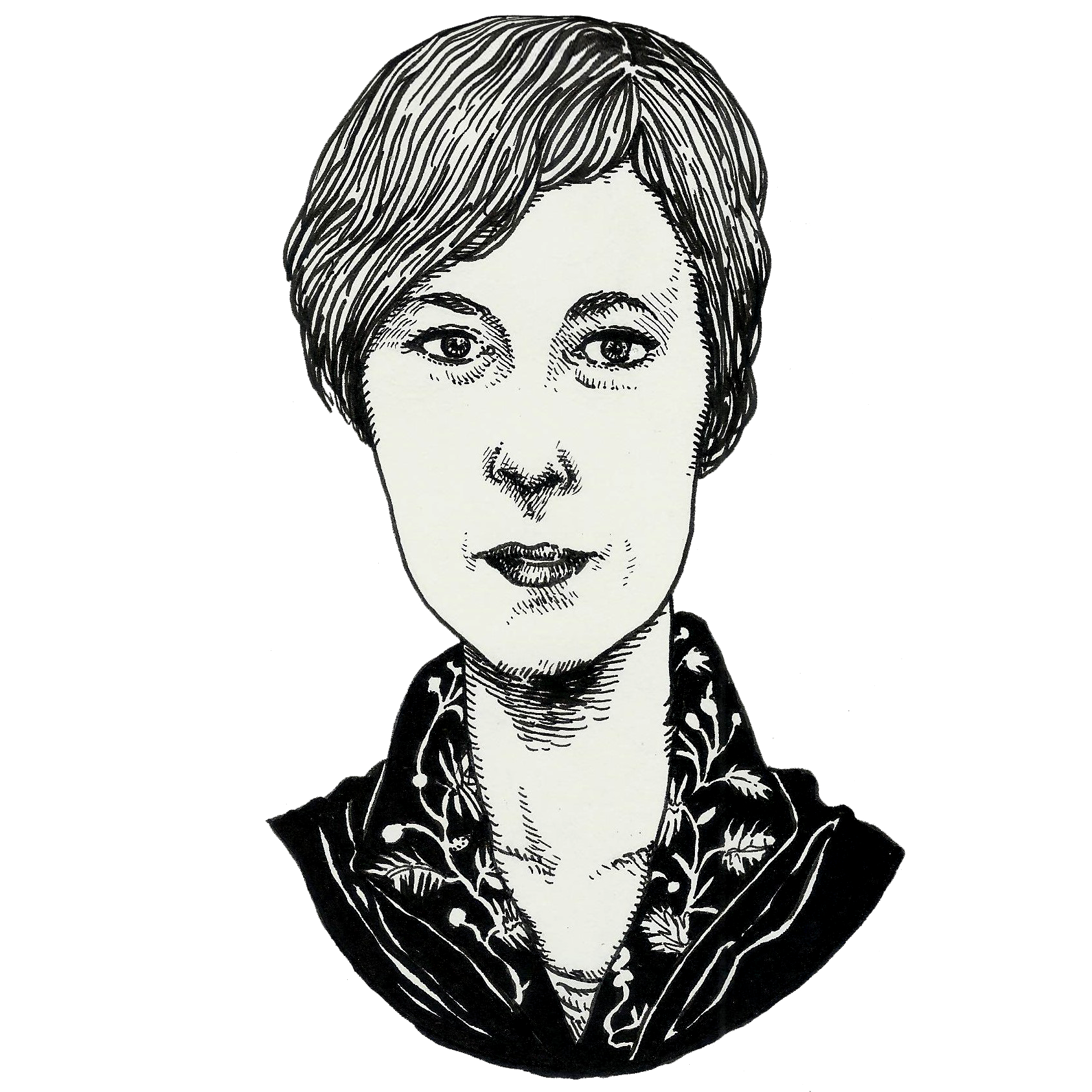
Illustration by Fabio Vermelho
1. Do you actively do anything to keep your brain healthy, and if so what? I meditate for 10 minutes or so most days and go running pretty regularly – it’s a good way to get your bearings when you’re on the road and also helps relieve any stress. Plus I sleep much better if I exercise.
2. What or who mentally stimulates your growth the most? Meeting so many new people and seeing so many new places all around the world. You learn so much about yourself when you’re thrown into new situations and cultures. I like working out who I am in different places and how to relate to people from them.
3. If you could add or take away anything from your brain what would it be? I’d buy some extra memory like you can for your laptop so I can hold onto the things I’ve learned and experienced. And I’d take out some of the useless knowledge that’s just a waste of space, to make way for the good stuff.
Frontal Lobe
4. Are you more emotion or reason based when making decisions? I try to do emotion, then reason and then decision, but I often go back to the emotion after reasoning and react from there.
5. In what situations have you learned the most about yourself? Travelling on my own to new countries. When I was 20, I went to Brazil on my own for 6 months. That was the most condensed learning I’ve ever done – having grown up in a remote, tiny town in the southwest of Australia and never having travelled out of Western Australia before. But in general, throwing myself into new places and meeting new people. I think it’s because you can really lose sight of yourself and it’s hard to hold onto who you are, or who you think you are, when confronted with so much new experience. So you have to assess yourself constantly and work out who you are in each scenario.
6. Do you think you have to learn good judgement? (Are people inherently self destructive?) Yes, you do have to learn good judgement. You need to know your limits on everything and learn good judgement of people, opportunities, situations, etc. It matters very much what you say yes to and takes some time to learn when to say no.
I think humanity as a whole is self-destructive. We don’t learn from our mistakes, we ignore truths, forget history, choose when we tune into social and environmental issues, and have very short-sighted vision. But I think there are a lot of individuals and groups in society out there who are not self-destructive.
7. Do you have any daily or annual rituals? Are they personal to you or your family or are they related to your culture or religion? One of the only daily rituals I have is coffee. It’s perhaps my favourite thing of the day and I only have one cup (sometimes two) so it’s a pretty important decision to make and I enjoy pondering it. My friend, Ben Lloyd from Frank Turner’s band The Sleeping Souls, shares my coffee obsession and we’ve made this world-wide coffee map. So wherever we are in the world, we can open the map and see where the nearest and best coffee place is. It really shapes a day when you’re travelling and don’t know a place. It’s an anchor. For me this coffee obsession partly comes from growing up in Australia where the coffee is exceptional and very much a cultural practise. People go out every day to their favourite, local café to meet a friend, have a meeting, read the paper, etc. Thanks to the coffee map, I have a different local café every day and get to have a bit of insight into the community, architecture, and general vibe of the city/town.
8. Can you speak any other languages, and if so why that language? I speak Portuguese because when I went to Brazil, so few people spoke any English. I was mostly living in Sao Paulo with my friend’s grandma who literally spoke no words of English, plus I threw myself into the culture there doing capoeira, forro dancing and surfing, so had to learn the language really quickly in order to get by.
I also speak a bit of German through touring there so much and French through a brief stint at university.
9. If you could live inside of a book, which one would it be? Patti Smith’s Just Kids. I’d love to have coffee with her in all those cool New York cafes, jam at the Chelsea Hotel in the 1970’s, and hang out with all her bohemian friends.
10. Are there particular books you find yourself buying for or lending to people close to you? I’ve bought Shout.Sister.Shout!: The Untold Story of Rock ‘n’ Roll Trailblazer Sister Rosetta Tharpe by Gayle Wald, for a couple of people now. I just cannot get my head around how ridiculously talented she was, how much she contributed to the rock n roll movement (she inspired Elvis), and then how she was pretty much forgotten about and buried in an unmarked grave in Philadelphia in 1977. What the fuck!! How could anyone let this happen. To me, she represents so many women musicians who were shoved under the carpet and not given the recognition or remembrance they deserved. It’s a truly remarkable book and her story will blow your mind.
11. Is it more important for you to speak or to be heard? I want my songs to be heard. That’s where I feel I can be the most articulate. If I can let the songs do the speaking then that suits me.
12. Do you think a time exists that is easiest to create? For instance, do you strike the muse or does the muse strike you? It’s a bit of both. When the muse strikes, I don’t necessarily have time to sit with it for long and put it all down into a song. So, I make notes and record voice memos and then when I find time to sit down with my sketches, I turn them into songs and hope the muse follows.
13. Do you have an emotional state that you find it easier to create in? Probably when I’m blue, reflective, lonely or feeling introverted – but that doesn’t necessarily mean I’ll write a song that reflects those emotions.
14. Are there certain elements that you employ to set up the perfect mental space for creating? If I’m at home then I have a writing corner in my studio that has candles and an old lamp. I have an antique writing bureau with a shelf of poetry books and journals, and draws filled with favourite pens, keepsakes and trinkets and the walls are decorated in postcards. There’s a second-hand piano I got on free-cycle right by the desk and my 1938 Gibson guitar too. I love that space. But I don’t often get to sit in it due to touring so much. When I tour, I like writing in a hotel room. I just have my guitar, my notebook and my computer. I just need to be on my own and turn off my phone and then I find it relatively easy to get into the zone. It’s just about prioritising which is sometimes hard to do. I read an article about song writing recently by John Prine who said, “honour the songwriter in you”. I love that. It’s true that so much ends up coming before being creative, but actually it’s vital to make space for it in order to have the whole word that revolves around it make sense. It’s important for the soul.
15. Do you think you have to have an elevated ego to be an artist? No. I know plenty of humble, “un-egoy” artists out there. They probably struggle a bit more with all the stuff around being an artist like the version of yourself you portray to the public, but I don’t think art has to come from ego.
Parietal Lobe
16. What smells do you most associate with your childhood? Eucalyptus leaves and horses.
17. If you could only live on five ingredients for the rest of the life, what would they be? Coffee, dark chocolate, vegemite (or marmite – despite being Aussie I actually don’t have a preference!), avocado, coconut.
18. Do you have spiritual needs and if so how do you nourish them? I need nature. That’s my spirituality and where I get connection to myself, others, and the world. It gives me perspective, comfort and guidance.
19. Do you have a place you go to, either physically or mentally, where you feel the most at peace? Inside myself, through meditation or stillness. If I can combine that with being somewhere outdoors with a beautiful view of the sea or a body of water, or anywhere in nature, then I feel the most at peace.
20. Do you think that people need some form of discomfort to make art? No but discomfort or pain is certainly where a lot of songwriters or artists begin. People need to feel moved to make art and have a desire to say something. It can come from personal emotion or experience or a political, philosophical, spiritual, etc. view point.
21. Are you more motivated by the promise of reward or the threat of punishment? The promise of reward.
22. How much does your conscience/morals come into play when making decisions? Massively and always. I want to be as awake as possible when making decisions small and large, taking into consideration loved ones, the environment, society, and myself.
23. Do you ever experience your emotions in physical ways? If so, how? Yes. I’ve had a condition called psoriatic arthritis since I was 17 years old. During times of trauma, my whole body reacts: all my joints inflame and my entire body gets covered in psoriasis. That’s happened about 6 times in my life. It’s something I manage through diet and being careful about stress levels but sometimes life deals things that you just can’t predict or control in any way.
24. What is your least favourite physical sensation? I sometimes have troubles with my neck seizing up. That sucks when you’re touring and can’t get treatment and have to carry equipment and perform still!
25. What is your favourite physical sensation? Sex. Coffee buzz. Runner’s high. Stillness through meditation.
Temporal Lobe
26. Do you think a person has to understand art in order to be able to appreciate it? Definitely not but sometimes context can deepen the appreciation.
27. Do you connect more to the lyrics or music in songs (assuming a song has both)? I can forgive an uninteresting melody/ chord pattern/ the music, if the lyrics are INSANELY good. I can forgive slightly throw away lyrics if the melody/ music is REALLY strong. I think mostly I connect with lyrics though. If they’re not there, then my attention is gone pretty quickly.
28. What is your earliest memory? My current earliest memory is of me sitting on the step of our wooden veranda at our family house on a farm in Balingup, Australia where we used to live, watching the gravel driveway and waiting for my dad to come home from work so we could feed the animals together. I think I was about 3 years old.
29. If you got alzheimers or dementia what memory or memories would you be saddest to lose – or – which ones would cause the biggest loss of your personal identity? I can’t imagine how one could forget how to sing, but if it were possible, that and forgetting my family and closest friends would be the hugest loss of identity to me. I’d also hate to forget where I spent my childhood.
30. Do you expect happiness in your life? Yes, but it’s an impossible mission. There’s so much sadness in life. It’s unavoidable. I like seeking happiness or peace.
31. Do you feel like falling in love is a spiritual or chemical process? I think love is both. I think it’s more chemical initially and then as time goes by, and the endorphins calm down a bit, then a more spiritual connection develops.
32. What flaws do you think you have when it comes to communicating with other people? I want answers too quickly from people sometimes. I want to deal with any problems as they arise and talk them out, but not everyone processes at the same pace.
33. How do you deal with situations or individuals that fail to stimulate you creatively or emotionally? Do you avoid these situations/have a set of tools in which to navigate them? I’ll be polite and always give people or situations some time, but ultimately if I’m not feeling it, I won’t hang about.
34. What do you think your ex partners would say the hardest thing about loving you was? That I’m a workaholic and independent to the point of them feeling like a spare part sometimes. But I’m getting better at balance in life.
35. What are your biggest fears? Missing out. Mostly regarding my family being back home in Australia and me living overseas. I fear regretting not spending enough time with them. I think I fear regrets in general.
Occipital Lobe
36. Do you have any recurring dreams or nightmares? If so, what do you think they mean? Years ago I went through a phase of dreaming that I was learning to fly. Each consecutive dream, I learned to get a bit further off the ground until one dream I took off like a rocket way too fast and totally out of control and woke myself up with that feeling that your tummy has gone – like being on a terrifying fairground ride. The dream after that I learned how to take off a bit more gently.
A lot of my dreams are about escaping some dangerous situation, lots of being chased on the ground or in flight.
36. If you have ever taken psychedelic drugs, did you have any interesting hallucinations on them? Do you feel changed from having taken them? I’ve done mushrooms quite a few times but only ever had mild trips where reality gets a bit wonky. One time the friend I was with picked up a ukulele having never played one before, and he turned out to be a virtuoso. It was hilarious. But all of a sudden, the magic left him and he returned to being a mere mortal non-ukelele playing individual. At least I think that’s how it went. The thing I liked most about taking mushrooms was the next day. It leaves me feeling so clear about life.
37. Do you find your mood affected by different colour palettes? Yes. I’m sensitive to room colours especially when deciding on a café or public place to eat and hang out. I can feel unsettled by colour schemes. But it changes depending on the weather, my mood, etc.
38. If you could live in a world where the aesthetic was controlled by a particular visual artist or film director, who would you choose? Wes Anderson please.
39. What’s the most unbelievable thing you’ve ever seen? The first thing that’s come to mind is when I was living on a canal boat in London, I looked out the window onto the water and there was a cormorant that had an eel wrapped around its neck. The head of the eel was in its beak and it was trying to eat the eel. But the eel was putting up such a fight and strangling the cormorant. The cormorant was circling madly around in the water trying to shake it off. Eventually the cormorant managed to flick the eel into the air like a whip, whilst keeping its head in its mouth and then swallowed it in one gulp. But…the eel continued to fight inside the cormorant’s neck. You could see the eel thrashing around in the cormorant’s neck, like it had become a part of its anatomy. Eventually the cormorant won. It was intense!
40. Have you ever seen something which you feel has directly resulted in certain elements of your personality today? My mum. It always surprises me that I can live on the other side of the world, having moved out of home at 17, and then I come back to Western Australia and realise that I’ve become her in many ways.
41. Would you rather lose your sight or your hearing? Sight.
42. Do you feel like you surround yourself with the people who see you for who you really are? Yes.
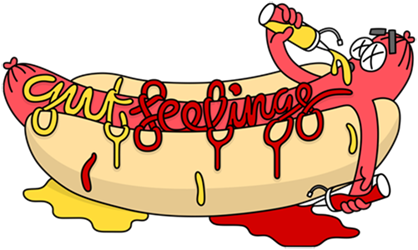
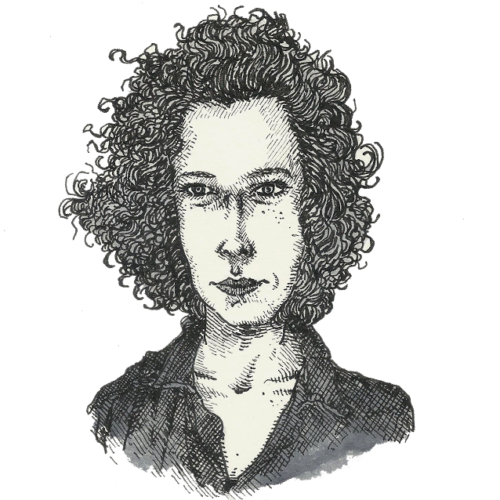
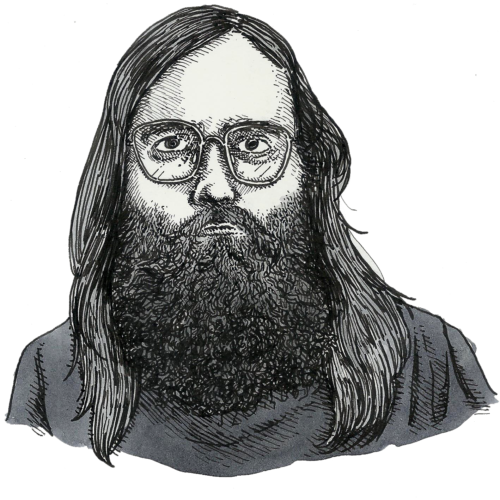
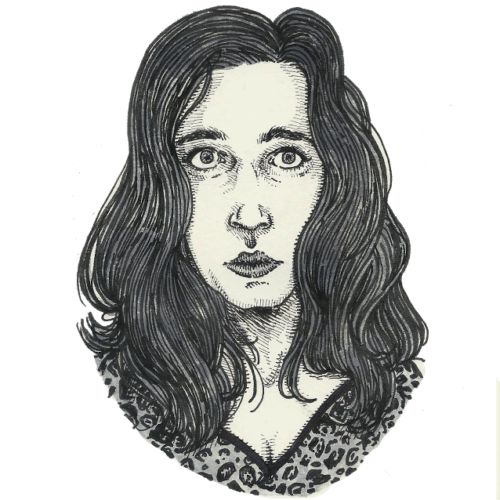
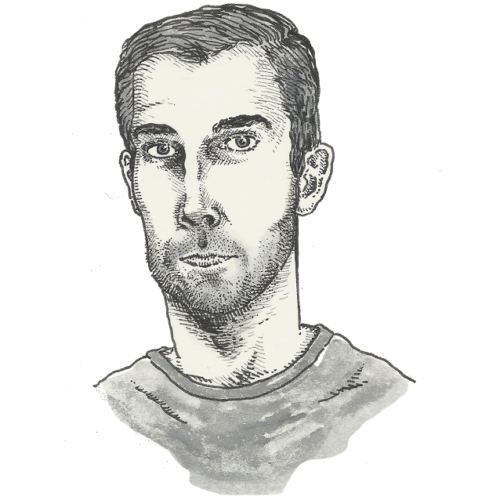
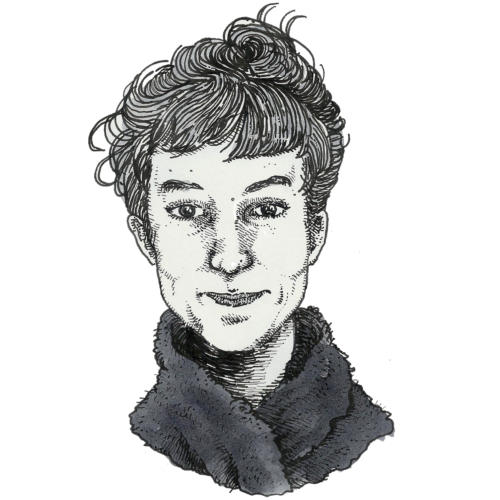
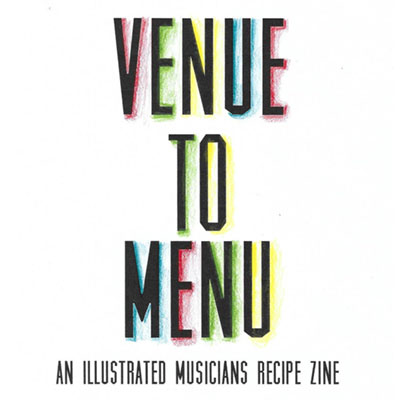
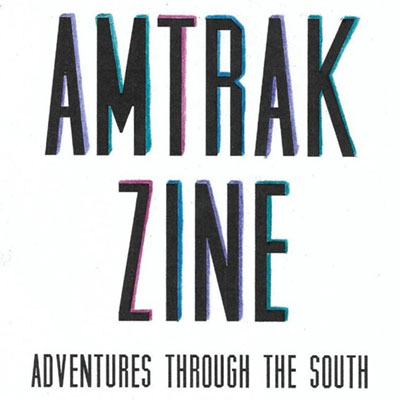
Love this. This is one of the better Q&A’s with an artist that I have seen. I have met Emily but only briefly. I know her brother through our local music scene in Fremantle. Wonderful insights into a person/artist I wish I could have spent more time with…now I feel I know you a bit better Emily. Hope to catch up sometime soon. Oh, and thanks for playing that Wallander theme for me that time in Perth. 🙂
Interesting blog!
So the cormorant really prevails and gets it fully down okay? I have never heard/witnessed such an event before. I would also think the (and slippery with that protective slime!) eel would thrash out to escape the cormorant’s elastic stomach if eaten in such a condition?!